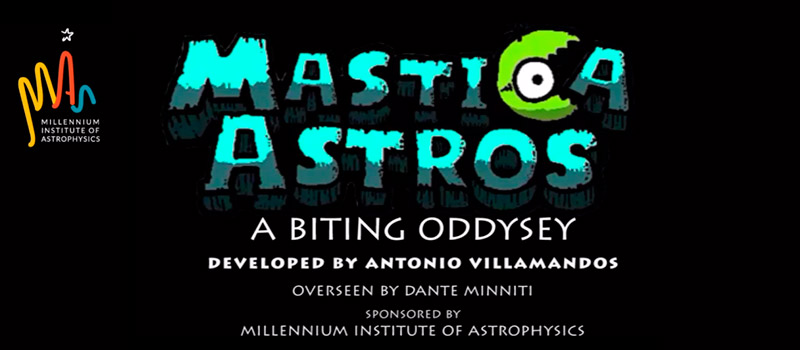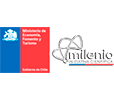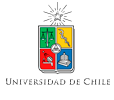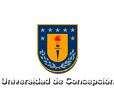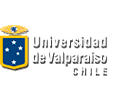[:en]Dr. Andrew Connolly, Full Professor of the Astronomy Department of the University of Washington, Seattle, U.S.A., and also a member of the LSST scientific team, will deliver the talk “Astronomy for everyone in the LSST era: Understanding our Universe step by step” on Monday, August 31th. In this talk, he will explain the implications that the large telescope –to be installed in Chile– will bring for the development of astronomy in the future.
This event organized by The Millennium Institute of Astrophysics MAS, and the Faculty of Physical and Mathematical Sciences FCFM of Universidad de Chile will be carried out at 12:00 at the Gorbea Auditorium at the FCFM, located at #850 Beauchef Avenue, 3rd floor.
The lecture is inspired by a successful TED talk that Dr. Connolly gave in the USA that today the Chilean audience will have the opportunity to hear it.
It is for free and if you want to attend, please register in the link down below.
“Astronomy for everyone in the LSST era: Understanding our Universe step by step.”
Astrophysical surveys are entering into a new era where the optical surveys are optimal for a large part of the visible sky due to the development of brand new detectors, telescopes, and computers. One of the largest surveys is the Large Synoptic Survey Telescope (LSST), which is an 8.4-meter telescope with a visual field of 9.6 square degrees and a 3.2 gigapixel camera. The LSST will survey the whole visible sky from Chile during 10 years, discovering 37 billion of stars and galaxies and about 10 million of variable objects every night.
In this talk, Dr. Andrew Connolly will talk about the LSST potential studying the origin of the matter and dark energy, to also measure the Milky Way properties, and to create a register of our solar system. Then, it will be the focus on analyzing the massive amount of data and how we can use these data to understand the Universe.[:es]“Astronomía para todos en la era del LSST, comprendiendo nuestro Universo paso a paso”, es el nombre de la ponencia que este lunes 31 de agosto dictará el Dr. Andrew Connolly, Profesor Titular del Departamento de Astronomía, University of Washington, Seattle, EEUU y Miembro del equipo científico del LSST, en la que repasará las implicancias que traerá la llegada de este mega telescopio que será instalado en Chile para el desarrollo de la astronomía del futuro.
El evento, que está siendo organizado por el Instituto Milenio de Astrofísica y la Facultad de Ciencias Físicas y Matemáticas de la Universidad de Chile se llevará a cabo a las 12:00 horas, en el Auditorio Gorbea, Facultad de Cs. Físicas y Matemáticas U. de Chile. Av, Beauchef 850, 3er piso.
Esta charla, está inspirada en una exitosa charla TED que el Dr. Connolly dictó en Estados Unidos y que hoy se ofrece exclusivamente para público chileno.
Entrada liberada, previa inscripción al siguiente link https://goo.gl/9DR2sS
“Astronomía para todos en la era del LSST: comprendiendo nuestro universo paso a paso”
Con el desarrollo de nuevos detectores, telescopios y computadores, los sondeos astrofísicos están entrando a una nueva era donde los sondeos ópticos profundos son factibles para una gran fracción del cielo visible. Uno de los sondeos más grandes es el Large Synoptic Survey Telescope (LSST) que comprenderá un espejo principal de 8,4 metros con un campo de visión de 9,6 grados cuadrados y una cámara de 3,2 Gigapixeles. Durante los 10 años de su operación, el LSST sondeará todo el cielo visible desde Chile, descubriendo 37 mil millones de estrellas y galaxias y detectando unos 10 millones de objetos variables y transitorios cada noche. En esta charla, el Dr. Andrew Connolly expondrá acerca del potencial del LSST para estudiar la naturaleza de la materia y energía oscuras, para medir las propiedades de la Vía Láctea y además crear un censo de nuestro sistema solar. Luego se enfocará en algunos desafíos que enfrentaremos al analizar un volumen masivo de datos, intrínsicamente ruidosos e incompletos, y en cómo podemos usar estos datos para comprender mejor el Universo. *Charla será dictada en inglés
